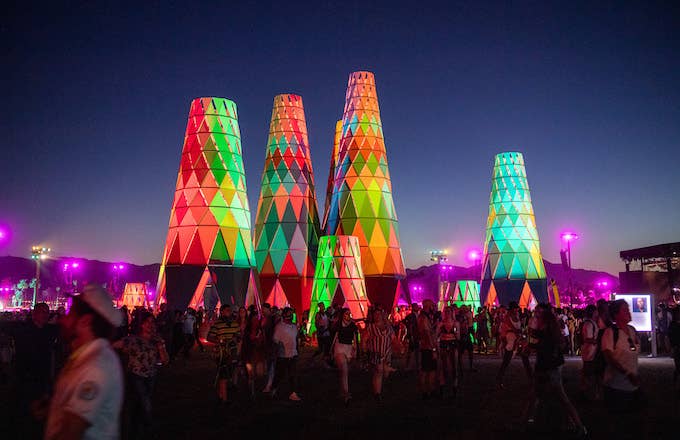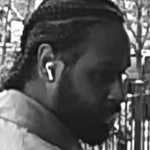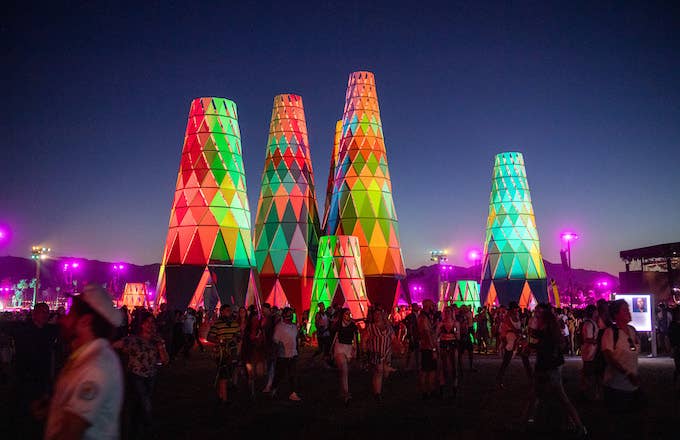
Jose Arballo of the Riverside Department of Public Health is saying he hasn't seen "evidence" to corroborate recent reports of a surge in cases of herpes in Southern California during the Coachella Valley Music and Arts Festival, Billboardreports.
TMZ previously reported that there was a "massive surge in folks seeking prescriptions for herpes since Day 1 at Coachella." The publication, citing online STD diagnosis and treatment website HerpAlert, reported that 1,105 cases of herpes were reported since the festival's first day. HerpAlert said that they usually receive around 12 cases a day in the area.
"I reached out to our lab departments, disease control and our HIV and STD program and none of them reported a spike in herpes cases," Arballo said, per Billboard.
Cita Walsh, spokesperson for Planned Parenthood of the Pacific Southwest, said the organization didn't see a "measurable increase."
"They didn't go to Coachella and get herpes [...] they arrived at Coachella with herpes or other (sexually transmitted infections)," Walsh said.
"My first reaction is that the whole thing is kind of silly because symptoms don't typically show up in 24 hours," Dr. Jill Grimes, a spokesperson for the American Academy of Family Physicians and board-certified family physician, said, per Billboard. "It can take anywhere from two to 12 days for symptoms to appear, although the average is three to four days [...] Typically it's a situation where a person hooks up on the weekend and starts having symptoms on a Tuesday."
Lynn Marie Morski, HerpAlert medical director, also spoke on the reports.
"There were many coming to get medication to treat and prevent flares. We see it as people deciding to take proactive care of their health and the health of those they may interact with over the weekend," Morski told Billboard. "We do not have a number of diagnosed new cases, as sometimes we cannot determine via their history and photos, so we have to advise they see a provider in person."
Head over to Billboard to read the full report.

